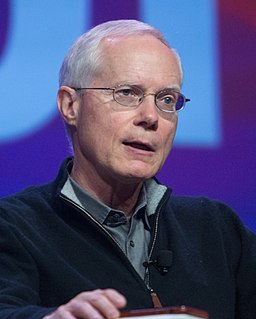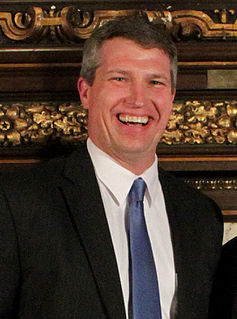A Quote by Sendhil Mullainathan
If you have urgent current expenses to cover, then future priorities like college and retirement fall off your radar because they are simply less pressing. Scarcity of attention prevents us from seeing what's really important. The psychology of scarcity engrosses us in only our present needs.
Related Quotes
Capitalism has created a situation called scarcity. And that scarcity is not natural, it's socially induced. Along with that sense of scarcity, or feeling of scarcity, is a feeling of economic insecurity. Along with that is a feeling of deprivation... And unless we can demonstrate that that feeling is not justified technologically, we will not be able to speak intelligently to the great majority of people and reorganize our economy so that we really know what needs are rational and human and what have been created, almost fetishisticaly, by the capitalist economy.
The biggest mistake we make is asking the source to understand scarcity - something that is not! People pray: "Please give me more..." Or, "Please heal me." If you do this, you'll only attract more scarcity into your life. You can't think about what's missing in your life, what you don't like, or what "they" want for you.
I don't think poetry needs to be "easily understandable." First of all, there are often complexities of syntax, form, unfamiliar absences, etc., that require a deeper concentration than is usually demanded of us. So that, right off the bat, is a little difficult. Then there is the deeper issue of what poetry is really asking of us. I feel it is asking us to read with great, even sacred, care and attention. That, too, is difficult. It requires discipline and the creation of a temporary zone of privacy, which is inimical to our current conditions of life.
Since scarcity is the basic economic problem, if it does not exist then there is no reason for my economics course. Devoting time to the study of how people use limited resources to fulfill unlimited wants and needs should help us to discover how to best utilize the resources we have at our disposal.
We open our eyes and we think we're seeing the whole world out there. But what has become clear—and really just in the last few centuries—is that when you look at the electro-magnetic spectrum we are seeing less than 1/10 Billionth of the information that's riding on there. So we call that visible light. But everything else passing through our bodies is completely invisible to us. Even though we accept the reality that's presented to us, we're really only seeing a little window of what's happening.
Man can only be certain about the present moment. But is that quite true either? Can he really know the present? Is he in a position to make any judgment about it? Certainly not. For how can a person with no knowledge of the future understand the meaning of the present? If we do not know what future the present is leading us toward, how can we say whether this present is good or bad, whether it deserves our concurrence, or our suspicion, or our hatred?


































